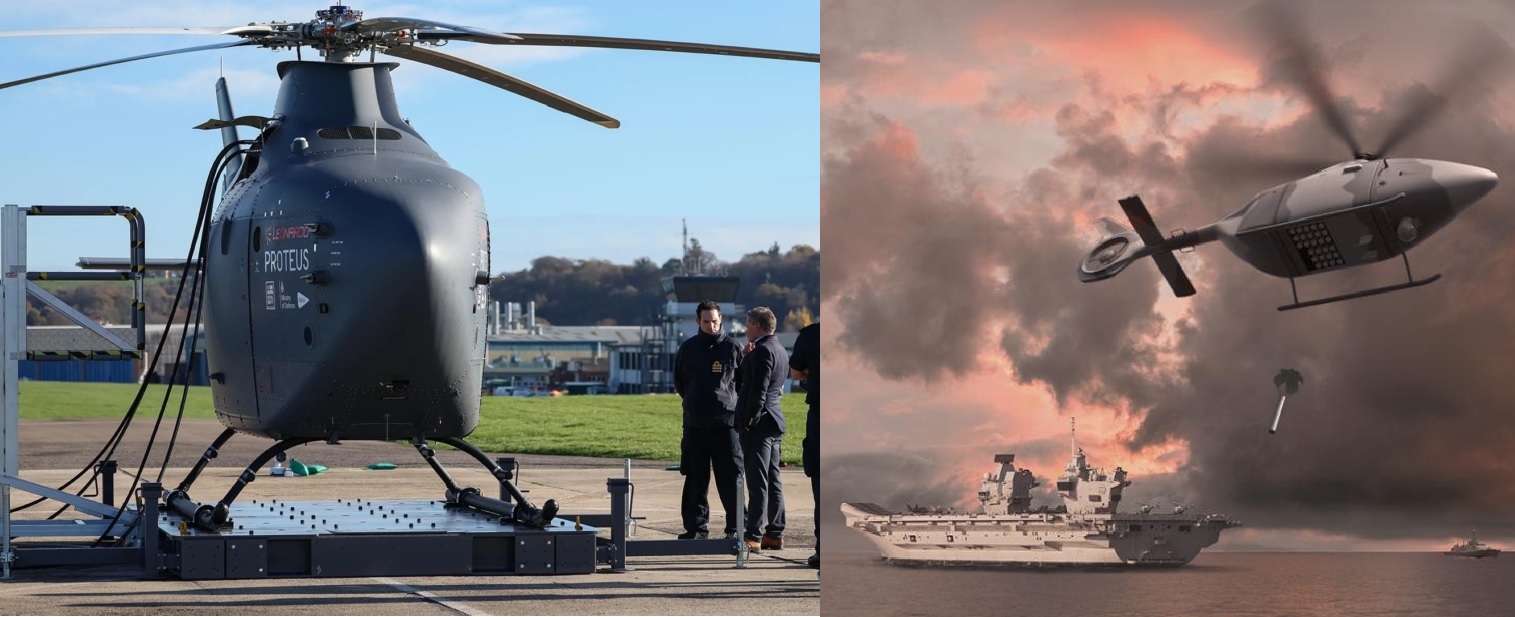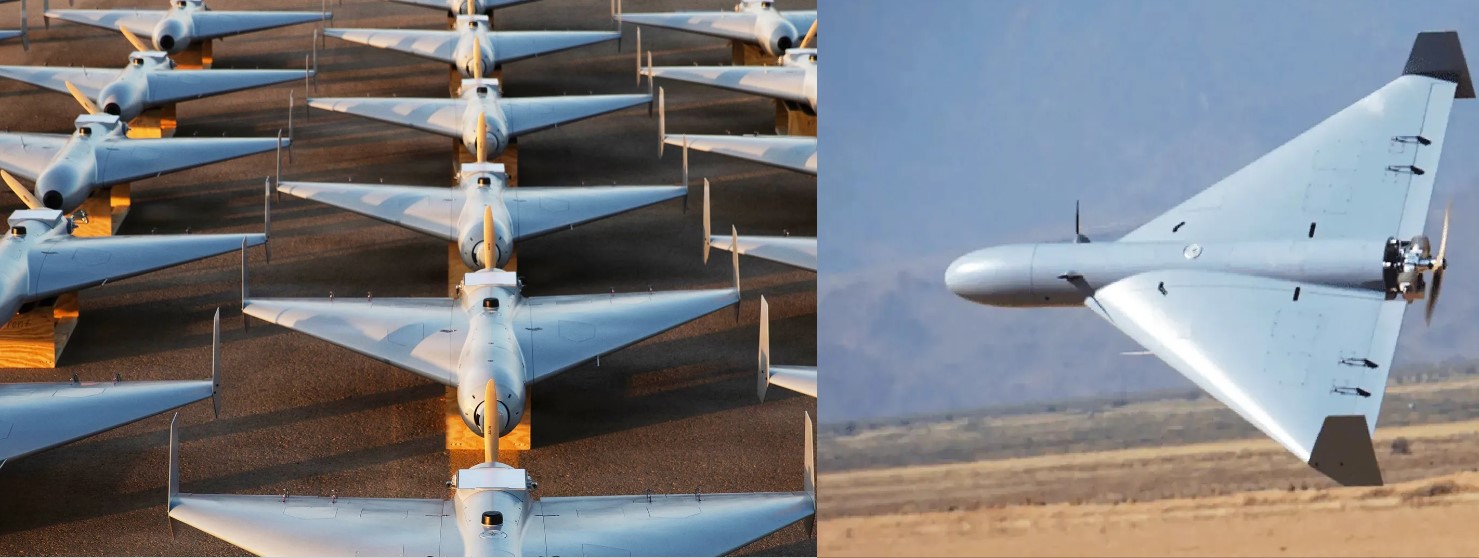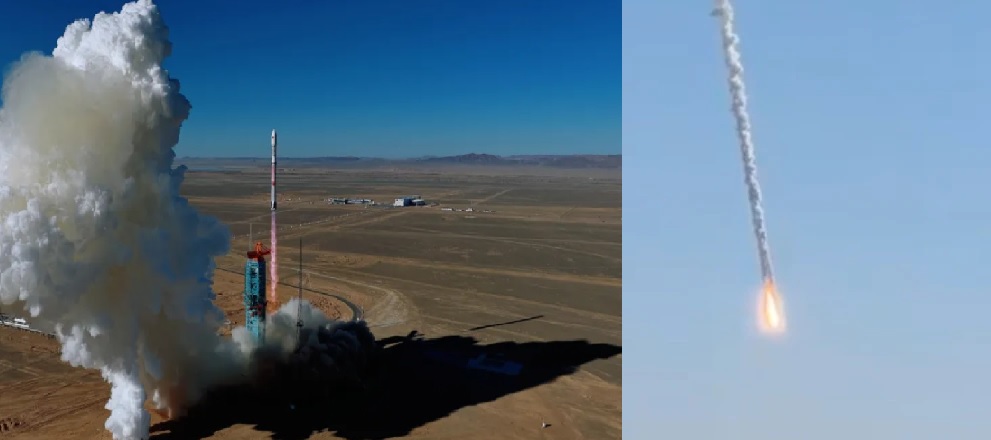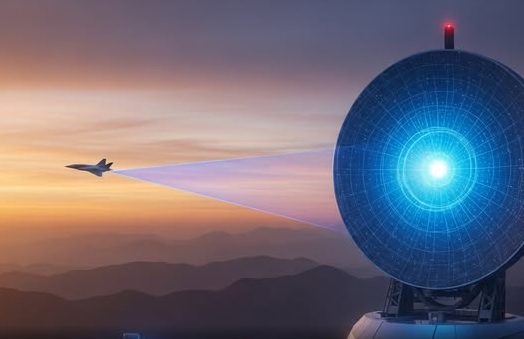U.S. Air Force Contracts Minco Technologies for Fuel-Flexible Drone Engine

The U.S. Air Force has selected Minco Technologies, based in Cookeville, Tennessee, to develop a next-generation unmanned aircraft engine in a contract valued at up to $13.6 million. The project aims to design a modular, fuel-flexible, and highly efficient propulsion system that could transform how drones operate in future missions.
The new engine, formally titled the “Modular Operationally Resilient Fuel-Flexible Extreme-Efficiency UAS-Engine System,” is expected to reduce fuel consumption dramatically and cut the Air Force’s fuel logistics chain by as much as 50 percent. Such an achievement would lower the risk of vulnerable fuel convoys and supply lines while improving the endurance, range, and operational flexibility of unmanned aerial systems (UAS).
Work on the program will take place in Cookeville, Tennessee, with completion targeted for August 30, 2028. The project will be managed by the Air Force Research Laboratory (AFRL) at Wright-Patterson Air Force Base in Ohio, under contract number FA2394-25-C-B056. The award resulted from a competitive acquisition, though only one proposal was received.
This development comes at a time when the Pentagon is placing greater emphasis on logistics resilience. In contested regions, fuel supply chains are often vulnerable to disruption. An engine capable of running on different fuel types while using less of it could allow drones to operate from more locations, sustain longer missions, and reduce the need for constant resupply.
The new propulsion system’s modular design also provides a pathway for upgrades, enabling the Air Force to integrate future advancements without replacing the entire engine. This approach can help lower costs and keep pace with evolving mission needs.
In the coming years, Minco will conduct ground testing, performance evaluations, and flight demonstrations to prove the system’s reliability and adaptability. If successful, the project could significantly reshape the way the Air Force deploys its unmanned aircraft—allowing them to fly longer, consume less fuel, and operate more freely in high-risk environments.
This program represents a crucial step toward the next generation of drone technology, where efficiency and resilience are as important as speed and payload.
✍️ This article is written by the team of The Defense News.






